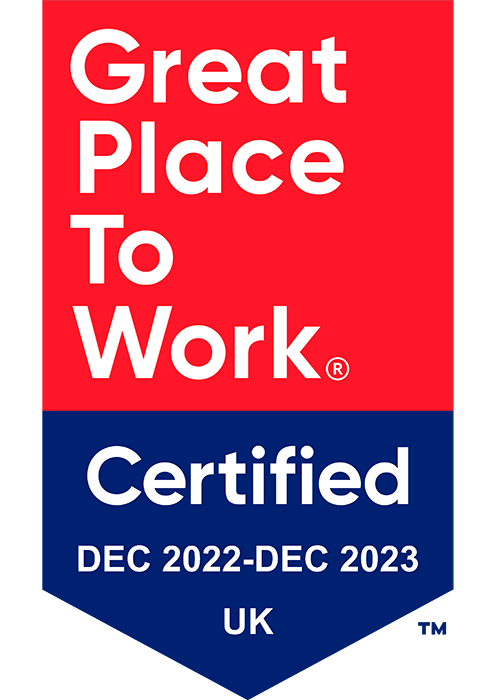According to European Health Agency 4 million cleaning staff are facing significant health risks with exposure to chemicals.
Cleaning companies must do more to protect against occupational illness due to exposure to chemicals harmful to health says the European Agency for Safety and Health at Work.
What’s the risk?
- Exposure to the potent chemicals used in cleaning products
- Exposure to the substances being cleaned – Especially dust, mould and soot
- The chemical reactions that occur when the chemicals being used in cleaning products mix with other substances or chemicals in other products
- These exposures are potentially harmful to employees’ skin and respiratory organs
- The European Agency for Safety and Health at Work also warned that many of the cleaning products contain perfumes and fragrances which can cause allergic reactions.
How to protect employees?
Carry out a Risk Assessment considering:
- Type
- Intensity
- Duration
- Frequency; and
- Potential exposure to each product.
Employers should put procedures in place considering the:
- Management
- Identification; and
- Disposal of chemicals being used.
Consider substituting as many “dangerous” products as possible for safer options.
- The agency said one cleaning company in Sweden reduced the number of dangerous substances it used to a limited number of approved chemicals, while the Association of Public Purchasers in Denmark changed Danish procurement guidelines to ensure public authorities would not purchase cleaning agents that contain dangerous substances.
- “Where dangerous substances cannot be eliminated or substituted, employers should ensure that substances are used and diluted as per the manufacturer’s instructions and that they are not mixed with other products. They should also consult and inform workers and ensure that cleaning work is supervised and carried out in a well-ventilated space,”said the Agency for health and safety at work.
- Provide employees with appropriate and adequate PPE and workwear
- Deliver training on safe practice and safe use of each product
- Provide annual health surveillance for employees exposed to any of the cleaning chemicals
Conclusion
Our advice to employers of cleaning staff, based on the information presented by the European Agency for safety and Health at Work, is to firstly be aware of what chemicals you are providing your employees with – ensure that you have a risk assessment for each product, substitute where possible and increase staff awareness of the importance of the correct use of each product and the importance of wearing the correct PPE where advised.
Once these steps have been followed, as an employer, you have done as much as you can to minimise the risks to your employees, and from this point it is just a matter of monitoring the health of your employees to make sure that the protection methods you are putting in place are in fact working. As the agency recommended, the best way to do this is through an annual health surveillance programme, where a qualified occupational health clinician will assess the health of employees each year and check for any changes in health. We would advise, for cleaning staff, that you provide them with annual skin checks and lung function (Spirometry) surveillance. Checks like this can be completed in a 15-20 minute appointment each year, meaning minimum inconvenience to employee or employer, but will ensure that the health of the employee is being protected and that the company is reducing the likelihood of absence costs and, more seriously, reducing its liability to any claims for occupational ill health in the future.


